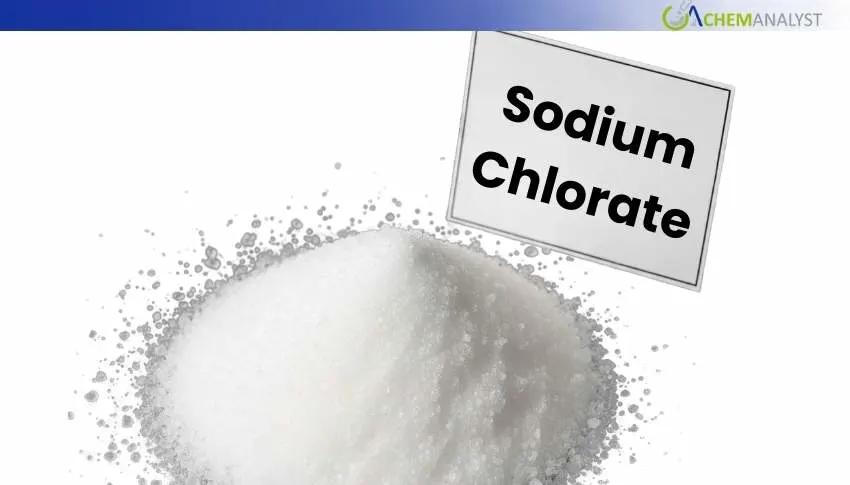Welcome To ChemAnalyst

The U.S. sodium chlorate market is experiencing slower growth due to weak domestic demand and subdued pulp bleaching activity. Production remained stable, but high electricity costs and competitive pressure from hydrogen peroxide limited cost reductions. Export demand from Southeast Asia and India provided modest support, especially for recovered fibre grades. Logistics disruptions and freight volatility added uncertainty. Inventory levels are comfortable, with suppliers favouring domestic contracts. Despite ongoing challenges, market participants are cautiously optimistic for Q4, driven by rising demand for high-grade packaging paper and increased OCC consumption, which may signal a gradual recovery in sodium chlorate usage.
The U.S. sodium chlorate market is going through a slower growth, hampered by tepid domestic demand and changing global trading conditions. Demand from the paper and pulp sectors was slow, and particularly, low for bleaching applications. Although domestic consumption has not increased significantly, sodium chlorate producers have benefited, albeit marginally, from export opportunities, particularly to Southeast Asia and India. These countries have warranted greater attention by sodium chlorate producers reflecting global trends in recovered fibre shipments. Notwithstanding the ongoing challenging conditions, players in the market have a cautiously optimistic outlook for the fourth quarter driven by demand for higher-graded packaging paper and a tighter supply chain of recycled fibre.
From a production standpoint, sodium chlorate production remained steady with no meaningful plant shutdowns reported among existing U.S. facilities. However, buying activity was dampened by the low price of hydrogen peroxide and...
We use cookies to deliver the best possible experience on our website. To learn more, visit our Privacy Policy. By continuing to use this site or by closing this box, you consent to our use of cookies. More info.
